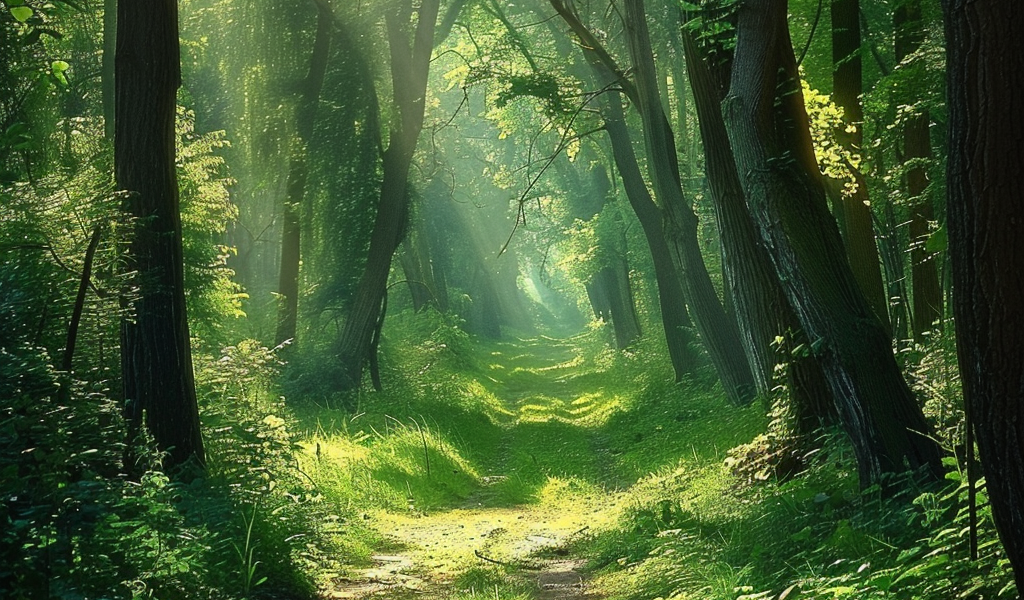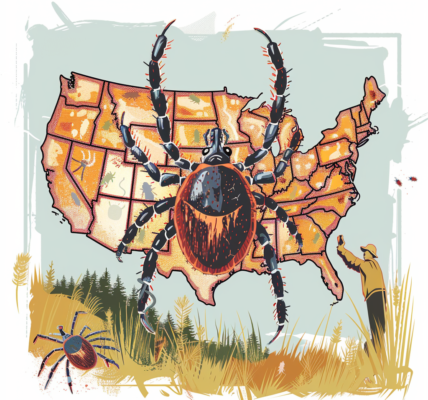Spring break is just around the corner, and if you’re looking for some fun activities to do with your kids in Metro Vancouver, we’ve got you covered. Whether it’s the cost of living or the climate emergency that’s stressing you out, there’s a nature-based therapy for that.
During the pandemic, health officials urged people to get out into parks and woodland areas as a way of coping with anxiety, sometimes referring to the practice of forest bathing. Although it has become trendy, the term is traced back to the 1980s in Japan and a therapeutic exercise called shinrin-yoku, which aims to heighten the senses through connecting with nature.
Now researchers at UBC’s faculty of forestry are studying the science behind the health benefits of taking a break in the forest. Guangyu Wang, a professor at UBC forestry’s department of forest resources management, says during the pandemic they surveyed hundreds of students before and after taking them for forest therapy. He said the therapy included taking a walk through Pacific Spirit Park, meditation, and having a tea ceremony in the park. They also brought mats and performed yoga on occasion, and conducted experiments with meditation. Students were encouraged to note the sounds and smells around them in the park, and how that made them feel.
Wang is also the director of the multidisciplinary institute of natural therapy at UBC and conducts lab experiments that replicate forest environments to include sounds and scents, and the use of virtual reality headsets to help students escape the stressors of university. ‘We had students who can’t fall asleep and they said, ‘Wow, I fell asleep in five minutes,” he said Saturday. During the pandemic experiments in Pacific Spirit Park they discovered that a two-hour forest therapy session can lower blood pressure and stress.





